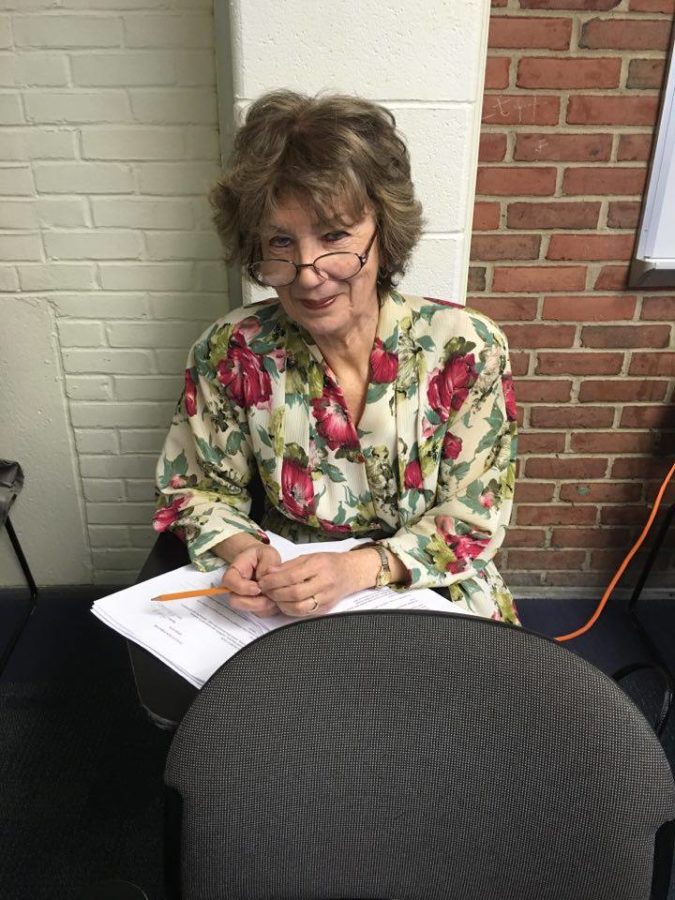Diane Cypkin: Applying Her Parents’ Love for Knowledge and Theatre in the Classroom
Professor Diane Cypkin
Professor Diane Cypkin, a communications professor at Pace, has a love for knowledge and theatre that can brighten classrooms and inspire students to do more than what they are capable of.
Cypkin’s passions are heavily influenced by her parents, who were Holocaust survivors. She recalls them being intelligent people.
“I remember my father reading a book and eating a McIntosh apple in the other hand,” said Cypkin.
She reminisces the days of when she was younger and would have scholarly conversations with them at the dinner table.
“We’d talk about politics, we’d talk about history, and it made it life interesting,” said Cypkin. “In a way, sometimes when I’m talking to my class, I feel like I have reinvented my dinner table.”
She believes that having conversations in the classroom are important in order to help students realize that education is more about the ability to think, rather than the information alone.
“Information you can get on your own or you can get on your computer, but teaching people to think or be critical thinkers, that’s something else entirely,” said Cypkin.
Cypkin also performs at libraries and hosts concert lectures on World War II and the music during that time period. Her love for theatre started with her parent’s experience during the Holocaust.
Cypkin’s parents were Holocaust survivors from Lithuania and when her parents were in the ghetto, her father was often made the leader of a Jewish work brigade because the German overseer liked when he could speak to the leader.
“My father wrote lyrics to melodies that were already well-known and became very well know,” said Cypkin. “The only freedom my father, and a lot of people who wrote, had during the time of the ghetto was the freedom of the mind so when they wrote lyrics or a poem, it took them away because it was the only freedom they could find.”
Her father and mother were two of the 90 people out of over 35,000 to have been liberated by the Russians.
“We were lucky to survive,” said Cypkin.
Cypkin feels happy to be able to influence young students and sees herself doing what she’s doing now ten years from now.
“I travel 50 miles to get to Pace, that’s a 100 miles in a day because I love it here. I think Pace in Pleasantville is a marvelous place,” said Cypkin. “My colleagues are terrific people and the students here are really nice and really enjoy their work when they’re shown that work can be enjoyable.”
Your donation supports independent, student-run journalism at Pace University. Support the Pace Chronicle to help cover publishing costs.

